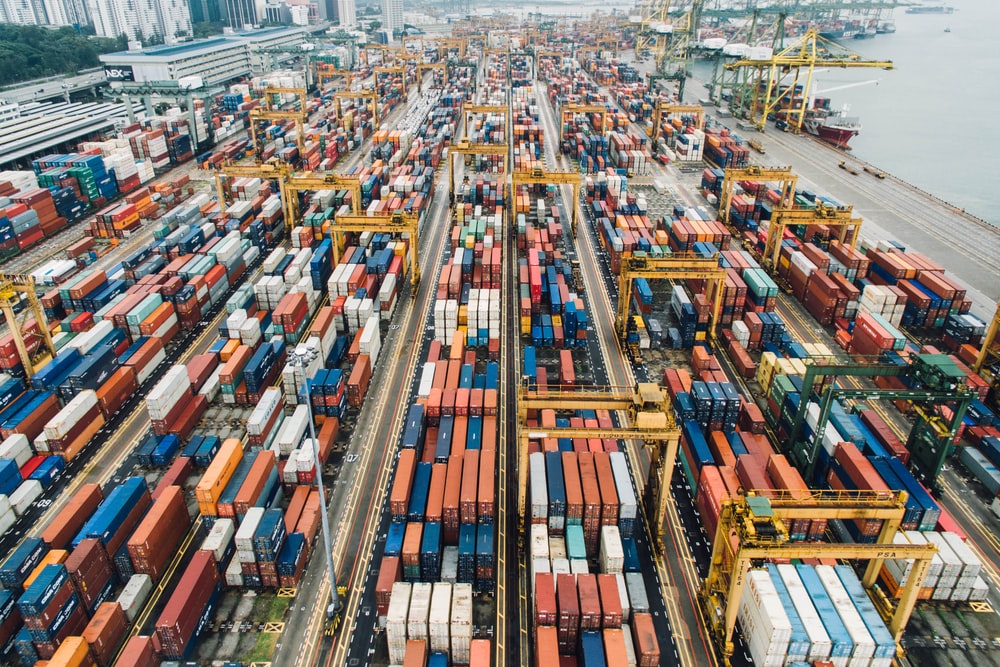The aftermath of the post-Brexit transition period saw the UK make several changes to its policies and regulations regarding imports from and exports to and through the EU.
One of the most key policy shifts that the UK has mandated following the post-Brexit transition period is the regulatory activity surrounding bringing food products into the UK from the EU. This article will outline the rules for bringing food products into the UK and how they affect traders, carriers, and frontier operators.
Non-Restricted Food Products for Import into the UK
The following food products and animal products can be imported into the UK from any country, including any EU member state, without any restrictions:
- Bread (but not sandwiches that have meat or dairy products inside)
- Cakes (but without fresh cream)
- Biscuits
- Chocolate and confectionery (but not those made with a lot of unprocessed dairy products)
- Pasta and noodles (but not if filled or mixed with meat products)
- Packages soup, stocks, and flavourings
- Processed and packaged plant products, including packaged salads and frozen plant material
- Food supplements, including those containing small amounts of animal product, such as fish oil capsules
Restricted Food Products for Import into the UK
Following the post-Brexit transition period, the UK mandated policies that placed restrictions on meat, dairy, fish, and other animal products imported into the UK from other countries, particularly EU member states.
The rules on bringing meat, dairy, fish, and other meat products into the UK depend on the country you are getting them from.
From the EU, Switzerland, Norway, Iceland, Liechtenstein, Greenland, and the Faroe Islands
While you cannot bring meat, fish, dairy, or any other meat or animal products to the UK from other countries via a connecting flight, the following food products can be brought into the UK from the countries listed above for personal usage:
- Meat
- Dairy
- Fish
- Other animal products – such as eggs, honey, etc.
Non-EU Member States
If you are bringing food or animal products into the UK from a non-EU member state, the following rules will apply:
- You cannot bring meat or meat products into the UK
- You cannot bring milk or milk-based products into the UK. The exceptions to this rule are powdered infant milk or food required for pets or medical reasons
However, you can bring in up to 2kg per person of the following food and animal product
- Honey
- Shellfish – such as mussels or oysters
- Snails – these must be preserved or shelled and must be transported in a cooked state
- Frogs’ legs – Must be the rear legs of the frog with the skin and organs removed
- Insect meat
Lastly, you can bring in up to 20kg per person of the following fish products:
- Fresh fish – must be gutted
- Fish products
- Processed fish – must be dried, cooked, cured, or smoked
- Lobsters
- Prawns
Final Words
In the wake of the post-Brexit transition period, the UK has mandated several changes to its import policies. Many of these changes are regarding the restrictions placed on food and animal products imported to the UK from EU member states and other non-EU countries.


